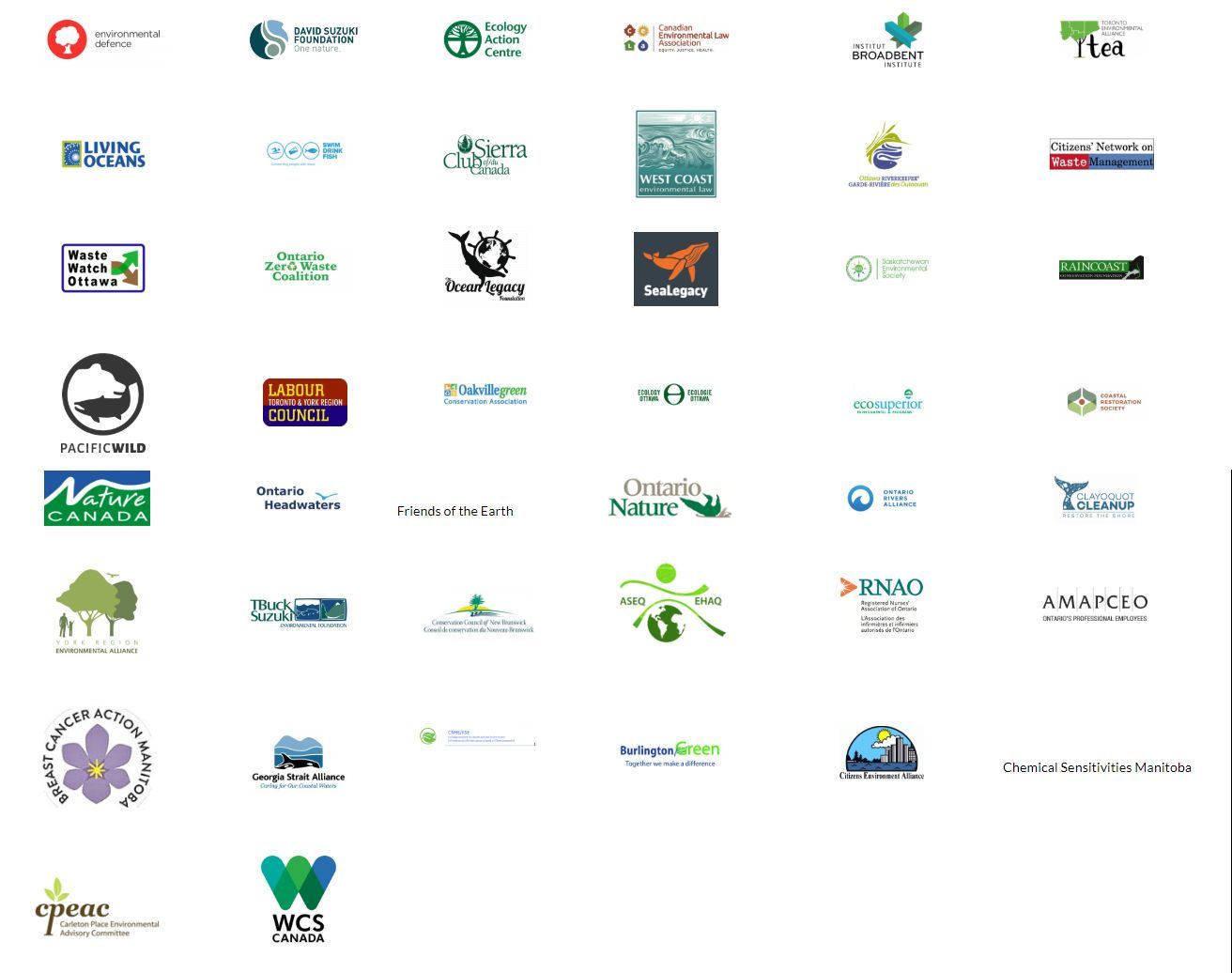Ontario Nature Blog
Receive email alerts about breaking conservation
and environmental news.
© Lora Denis
Toronto shoreline pollution © Duncan Rawlinson CC BY-NC 2.0
In Canada, nearly 90 per cent of plastics end up incinerated, or in our landfills, lakes, parks and oceans. Once in the environment, they contaminate ecosystems, kill wildlife, and leach toxic chemicals. It’s time for Canada to deal with its plastic production, waste, and pollution problem. It’s time for government action.
Less than 11 per cent of all plastics are recycled in Canada. Voluntary, industry-led initiatives aren’t going to cut it. As long as making new plastics from fossil resources is cheap, the costs of collecting and recycling plastics is high, and dumping plastics into the environment is “free”, the problem will get worse.
Canada needs strong waste policies that hold producers responsible, keep problematic plastics out of Canada, and dramatically increase the reuse and recycling of plastics.
Now is the time for a national waste reduction strategy. One that harmonizes performance standards, measurement protocols, and definitions from coast-to-coast-to-coast, and gets Canada to zero plastic waste by 2025.
We the undersigned, call on the Canadian Government to:
1. Work with provinces, territories, municipalities and Indigenous governments to develop policies that keep plastics out of the environment:
2. Establish consistent definitions, standards and measurement protocols:
3. Following the example of microbeads, take priority steps to declare problematic plastics (such as single-use plastics) toxic under the Canadian Environmental Protection Act (CEPA), and take preventative action to minimize environmental and human health risks by 2020.
4. Build circularity into the federal government’s public procurement policies:
5. Demonstrate international leadership by championing a global treaty, built on the successful precedent of the Montreal Protocol:

1 Per Baungart/McDonough a Circular Economy is an economy wherein products and materials should be designed with life cycles that are safe for human health and the environment and that can be reused perpetually through biological and technical metabolisms. This definition therefore does not consider incineration or waste-from-energy to be a form of resource recovery or recycling.

Gananoque Lake Nature Reserve © Smera Sukumar
Now Sri Lanka has started the Zeroplastic program. I would like to join and help the Zeroplastic program in Canada.
Great post! We at Richmond Rubbish Removal are also doing everything we can to reduce the waste in Canada. However, the people don’t really participate at all to support zero waste.
Curtail plastic production and usage now
All plastic water and pop containers, plastic straws and non-renewable plastic bags should be banned.
We need to recycle a lot more of the plastics to help nature!
100% agree, plastic is an environmental and health issue now, and will only get worse in the future, we really need to start seeing it as the major problem, single use plastics are.
Totally agree.
However, we must be careful that “the cry wolf syndrome” is not brought in to play and nothing gets done.
Hello. I support this idea and want to see it happen. Thanks, Laura